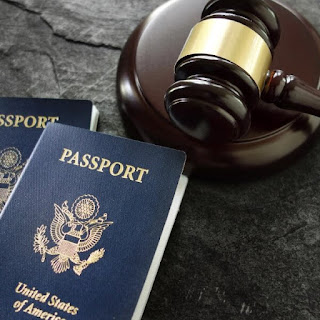The Role of Criminal Record in the US Waiver Process: How it Affects Eligibility
For individuals with a prior criminal record seeking entry into the United States, obtaining a US Waiver becomes a pivotal step. A criminal history significantly impacts eligibility for entry, potentially leading to inadmissibility.
The US Waiver process is centered around demonstrating rehabilitation, highlighting behavioral changes, and showcasing the absence of risk to the United States upon entry. This evaluation considers multiple factors, including the nature of the offense, the time elapsed since conviction, and evidence indicating efforts toward rehabilitation.
A comprehensive US Waiver application necessitates furnishing extensive personal details, a summary of the criminal history, reference letters, and supporting documentation showcasing rehabilitation efforts, such as completion certificates from rehabilitation programs or records of community service.
The decision to grant a US Waiver lies with the US Customs and Border Protection (CBP) or the Department of Homeland Security (DHS), considering individual circumstances and the perceived risk involved.
Navigating the US Waiver process can be intricate. Seeking guidance from legal experts specializing in immigration law becomes crucial in crafting a compelling application that effectively addresses concerns related to the criminal record and substantiates eligibility for entry into the United States. Their expertise can significantly aid in navigating complexities and presenting a persuasive case for successful consideration by immigration authorities.
SekCheck Fingerprinting Services Agency is your trusted RCMP accredited partner for all your fingerprinting needs in Canada. Our expert team ensures quick, accurate, and confidential results for employment, licensing, immigration, and more. Safeguard your background checks with our expert team and state-of-the-art technology. Your safety is our priority, because every print matters.




Comments
Post a Comment